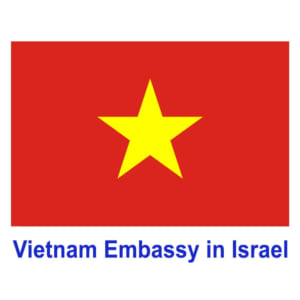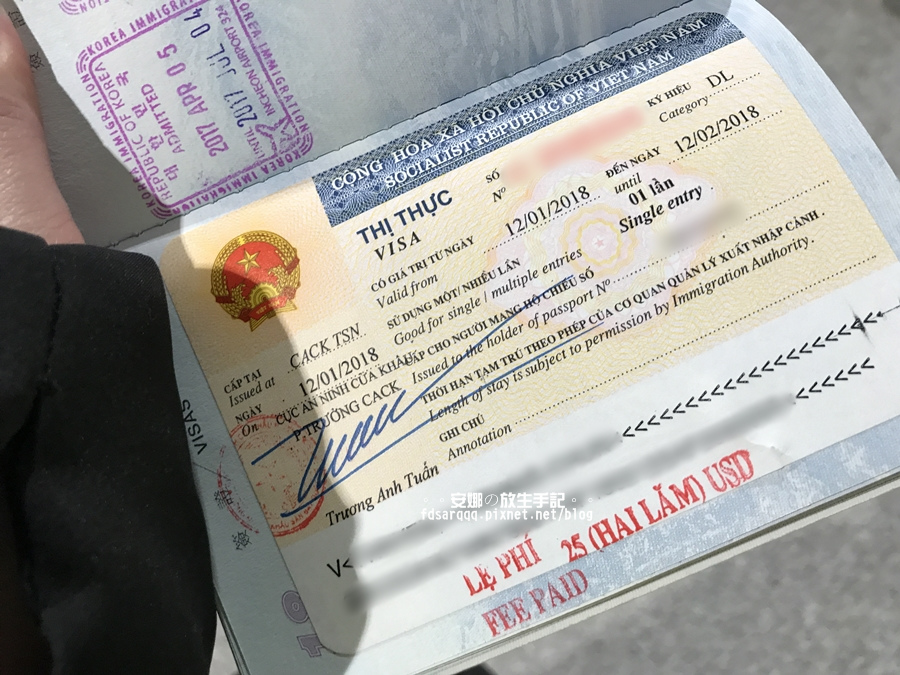
Important Things to Know Before Traveling to Israel – A Complete Traveler’s Guide
Essential Documents and Visa Requirements for Israel Travel
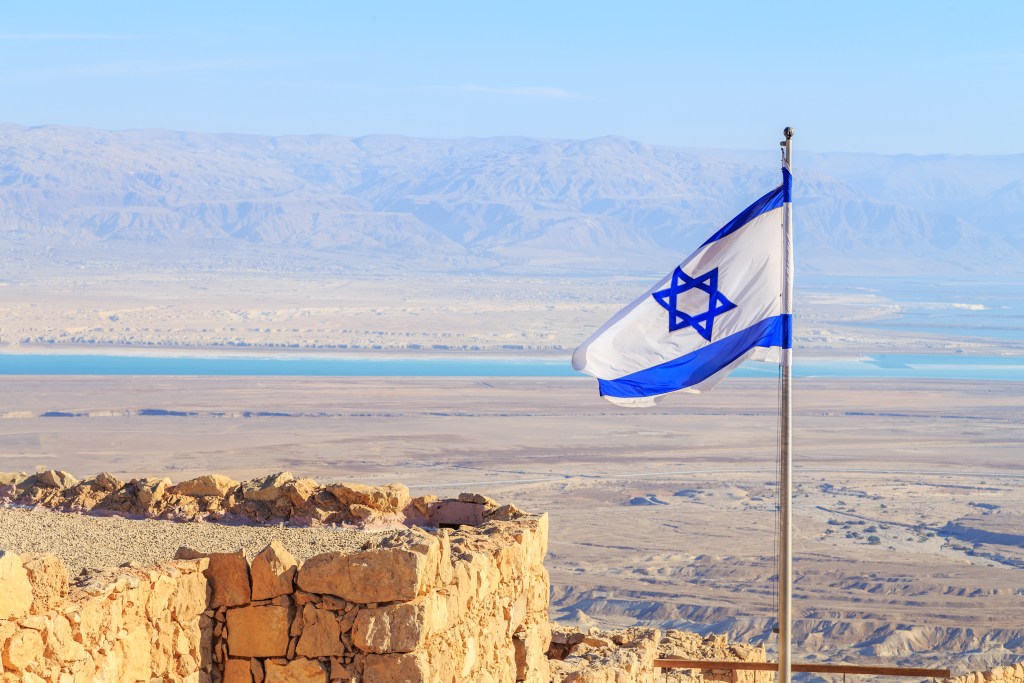
Before packing your bags, it’s crucial to ensure you have all the necessary documentation for entry into Israel. The country has specific visa policies depending on your nationality, and failing to comply can disrupt your travel plans.
Passport Validity and Entry Requirements
Your passport must be valid for at least six months beyond your planned departure date from Israel. Some travelers may be exempt from visa requirements for short stays, but always verify based on your country of origin.
For example, citizens of the U.S., Canada, and most EU nations can enter visa-free for up to 90 days. However, travelers from other regions may need to apply for a visa in advance. Double-check the Israeli Ministry of Foreign Affairs website for the latest updates.
Visa Application Process
If a visa is required, apply well in advance through the nearest Israeli consulate or embassy. The process typically involves submitting an application form, passport-sized photos, proof of accommodation, and a return flight ticket.
Processing times vary, so plan accordingly. Overstaying your visa can result in fines or future travel restrictions, so always adhere to the permitted duration.
Special Considerations for Dual Nationals
Israel has unique entry policies for travelers with dual citizenship, particularly those with passports from certain Middle Eastern countries. Some nationalities may face additional questioning or restrictions.
If you hold multiple passports, research which one to present upon arrival to avoid complications. Transparency with border officials is key to a smooth entry process.
Travel Insurance and Health Documentation
While not always mandatory, comprehensive travel insurance is highly recommended. Medical emergencies, trip cancellations, or lost luggage can happen, and insurance provides peace of mind.
Some policies exclude coverage for regions near conflict zones, so review the fine print. Additionally, check if any vaccinations are required before traveling.
Understanding Israeli Culture and Customs
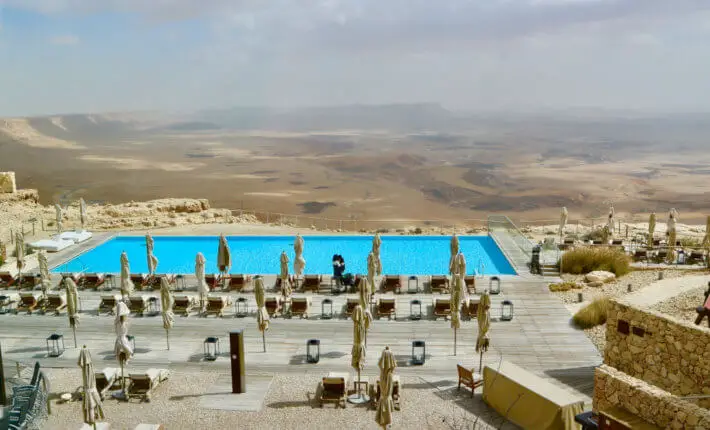
Israel is a mosaic of cultures, religions, and traditions. Respecting local customs enhances your travel experience and fosters positive interactions with locals.
Observing Shabbat and Religious Holidays
Shabbat, the Jewish day of rest, begins at sunset on Friday and ends at sunset on Saturday. During this time, public transportation halts in many cities, and businesses in religious areas close.
In secular hubs like Tel Aviv, life continues as usual, but Jerusalem and other conservative cities slow down. Plan activities and meals accordingly—stock up on essentials if needed.
Dress Code for Religious Sites
When visiting holy sites such as the Western Wall, Al-Aqsa Mosque, or the Church of the Holy Sepulchre, modest attire is required. Shoulders and knees should be covered, and women may need a headscarf.
Carrying a lightweight shawl in your bag ensures you’re always prepared. Avoid tight or revealing clothing in these sacred spaces to show respect.
Navigating Social Etiquette
Israelis are known for their direct communication style. Don’t mistake bluntness for rudeness—it’s simply part of the culture. Small talk isn’t as common, and people may ask personal questions casually.
Tipping is customary (10-15% in restaurants), and bargaining is acceptable in markets. Learning basic Hebrew phrases like “Toda” (Thank you) or “Shalom” (Hello) can go a long way.
Food Culture and Kosher Practices
Kosher dietary laws influence many restaurants, meaning meat and dairy aren’t mixed. In kosher establishments, you’ll find separate menus or kitchens for each.
Even non-kosher eateries often label dishes accordingly. If you have dietary restrictions, ask staff for guidance—Israel is accommodating to various food preferences.
Packing Smart: What to Bring for Your Israel Trip
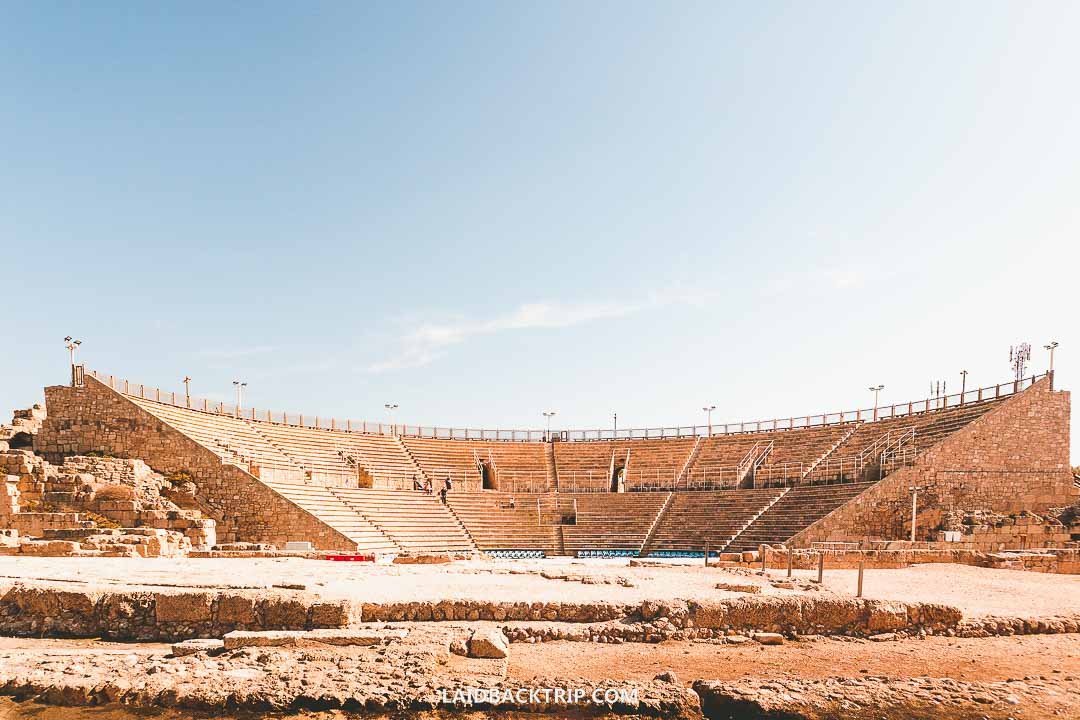
Packing appropriately for Israel’s diverse climate and cultural expectations ensures comfort throughout your journey.
Weather-Appropriate Clothing
Israel’s weather varies drastically—hot summers, mild winters, and occasional rain. Lightweight, breathable fabrics are ideal for summer, while layers work best for cooler months.
A sun hat, sunglasses, and sunscreen are must-haves, especially for desert excursions. Comfortable walking shoes are essential for exploring ancient ruins and cobblestone streets.
Essential Gadgets and Adapters
Israel uses Type H electrical outlets (220-240V). Bring a universal adapter to charge devices. Portable Wi-Fi hotspots are useful, though free Wi-Fi is available in many cafes and hotels.
A reusable water bottle is handy—tap water is safe to drink, and refilling stations are common.
Security and Health Supplies
While Israel has excellent medical facilities, carrying a basic first-aid kit with bandages, pain relievers, and any prescription medications is wise.
A photocopy of your passport and travel insurance details should be kept separately from the originals in case of loss or theft.
Navigating Public Transportation in Israel
Israel’s public transport system is efficient, but understanding its nuances saves time and stress.
Buses and Trains
Buses are the backbone of intercity travel, with companies like Egged operating extensive routes. Trains connect major cities like Tel Aviv, Jerusalem, and Haifa, offering a scenic alternative.
Purchase a Rav-Kav card for seamless travel—it’s reloadable and works on buses and trains nationwide.
Taxis and Ride-Sharing Apps
Taxis are plentiful but ensure the meter is running to avoid overcharging. Ride-sharing apps like Gett are popular in cities for convenience and transparency.
Shared taxis (“sheruts”) follow fixed routes and are a budget-friendly option for short distances.
Renting a Car
Renting a car provides flexibility, especially for exploring the Negev Desert or Galilee. However, driving in cities like Jerusalem can be challenging due to traffic and parking scarcity.
International driving permits are required for some nationalities. Always check local road rules—Israel drives on the right.
Essential Hebrew Phrases for Travelers
While English is widely spoken, knowing basic Hebrew phrases enriches your experience and endears you to locals.
Greetings and Polite Expressions
“Shalom” (Hello/Goodbye) and “Toda” (Thank you) are universally appreciated. “Bevakasha” (Please) softens requests, while “Slicha” (Excuse me) helps in crowded spaces.
Israelis appreciate efforts to speak their language, even if pronunciation isn’t perfect.
Directions and Transportation Terms
“Eifo ha’otobus?” (Where is the bus?) and “Kama ze oleh?” (How much does it cost?) are practical.
Learning numbers helps with bargaining in markets and understanding prices.
Emergency Phrases
“Ezra!” (Help!) and “Ani tzarich rofe” (I need a doctor) are crucial in emergencies. Police are “Mishtara,” and hospitals are “Beit cholim.”
Safety and Security Considerations in Israel
Israel prioritizes safety, but travelers should stay informed and vigilant.
Airport and Border Security
Security checks are thorough—arrive early for flights. Answer questions honestly and avoid joking about sensitive topics.
Border crossings (e.g., to Jordan) involve additional checks. Research requirements beforehand.
Staying Aware in Public Spaces
Crowded areas like markets or bus stations require extra caution. Keep valuables secure and report suspicious activity.
Monitor local news for updates on demonstrations or unrest.
Emergency Contacts
Police (100), Ambulance (101), and Fire (102) are key numbers. Save your embassy’s contact details as well.
Currency, Payment Methods, and Budgeting in Israel
Understanding money matters prevents unnecessary stress.
Israeli Shekel (NIS) Basics
Credit cards are widely accepted, but small vendors may prefer cash. ATMs dispense shekels, and currency exchange offices are common.
Budgeting Tips
Israel can be expensive, especially in tourist areas. Eat at local markets (“shuks”) for affordable meals, and use public transport to save on taxis.
Tipping Culture
Tip 10-15% in restaurants. Round up taxi fares, and tip hotel staff for exceptional service.
Exploring Israeli Cuisine: Food and Drink Recommendations
Israeli food is a highlight—don’t miss these culinary delights.
Must-Try Dishes
Hummus, falafel, and shakshuka are staples. Sample fresh pomegranate juice and halva for a sweet treat.
Dining Etiquette
Sharing dishes is common—order several plates for the table. Kosher meals follow strict preparation rules.
Wine and Local Drinks
Israel’s wine scene is thriving. Try a glass of local Cabernet Sauvignon or a refreshing limonana (mint lemonade).
Conclusion
Israel is a land of contrasts, where ancient traditions meet modern innovation. By keeping these Important Things to Know Before Traveling to Israel in mind, you’ll navigate the country with confidence and respect. From cultural norms to practical tips, preparation is the key to unlocking an unforgettable adventure. Whether you’re wandering through Jerusalem’s Old City or lounging on Tel Aviv’s beaches, Israel promises a journey like no other. Safe travels!
`
VisaOnlineVietnam – The Fastest and Most Reliable Vietnam Visa Service
Are you planning a trip to Vietnam and need a visa? VisaOnlineVietnam is your trusted partner, providing fast, reliable, and professional visa services for travelers worldwide.
Why Choose VisaOnlineVietnam?
✅ Over 20 Years of Experience – We have helped more than 5 million clients successfully obtain their Vietnam visas.
✅ Fast Processing – Choose from Normal (3-5 working days), Urgent (2-3 working days), or Emergency (30 minutes – 1 hour) processing options.
✅ 24/7 Support – Our team is available anytime to assist you with your visa application.
✅ Simple Transparent Process – No hidden fees, no complications—just a smooth application process.
Our Visa Services:
🛂 Vietnam Tourist Visa – Ideal for travelers exploring Vietnam.
💼 Vietnam Business Visa – Suitable for professionals and entrepreneurs.
⚡ Urgent Emergency Visa – Get your visa approved in as little as 30 minutes!
✈️ Visa on Arrival – Hassle-free visa approval letter before your flight.
🌎 E-Visa Services – Convenient online visa application for eligible nationalities.
How to Apply?
1️⃣ Fill out the online application at VisaOnlineVietnam.com.
2️⃣ Make a secure payment using various payment methods.
3️⃣ Receive your visa approval letter via email.
4️⃣ Get your visa stamped upon arrival in Vietnam.
With VisaOnlineVietnam, getting a Vietnam visa has never been easier! Contact us today:
📧 Email: [email protected]
📲 WhatsApp: (+84) 968 18 77 18
📞 USA Hotline: +1(972)-666-0676
🌐 Website: VisaOnlineVietnam.com
Let us handle your visa while you focus on enjoying your journey! 🚀✈️
